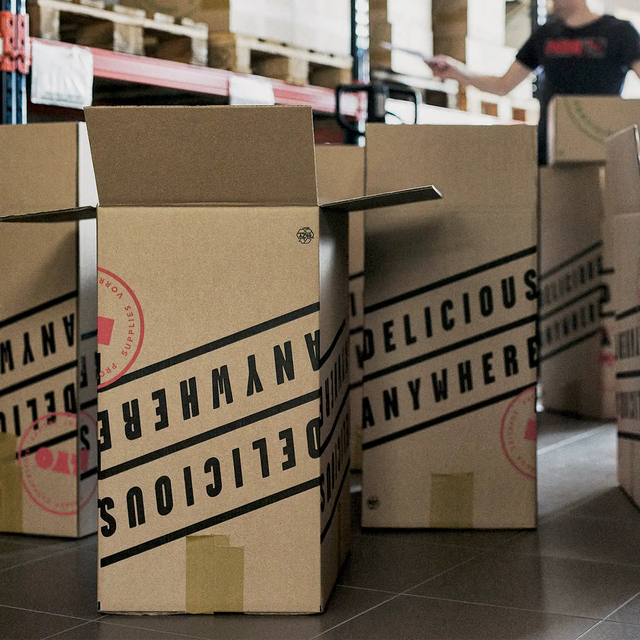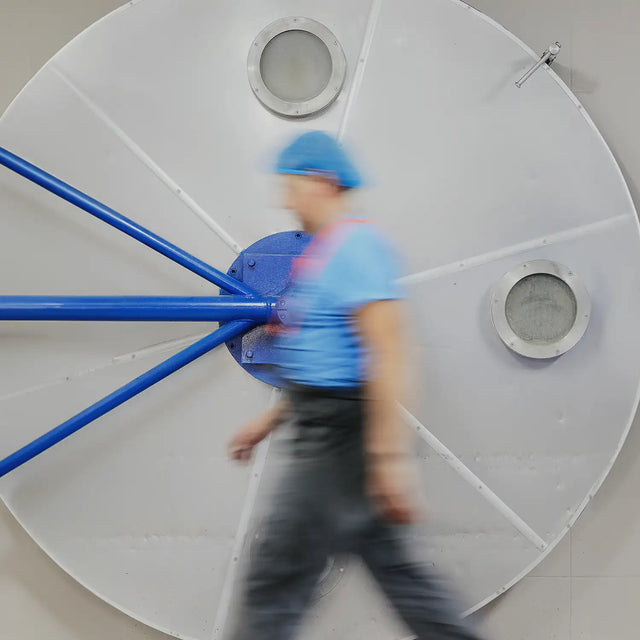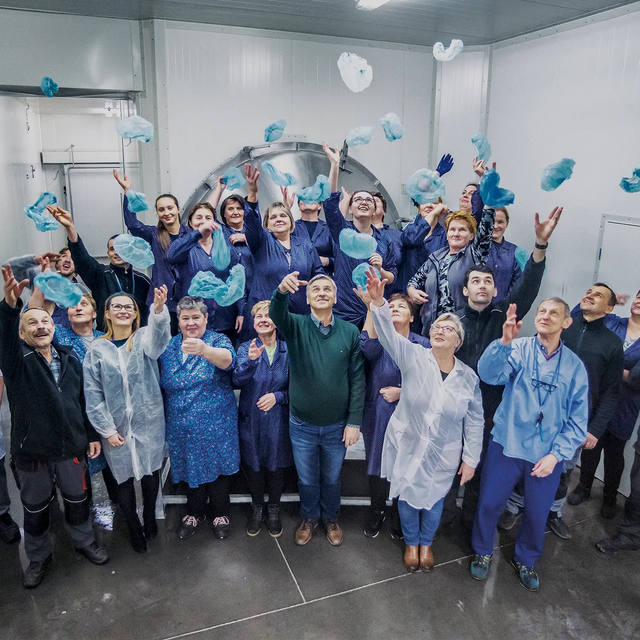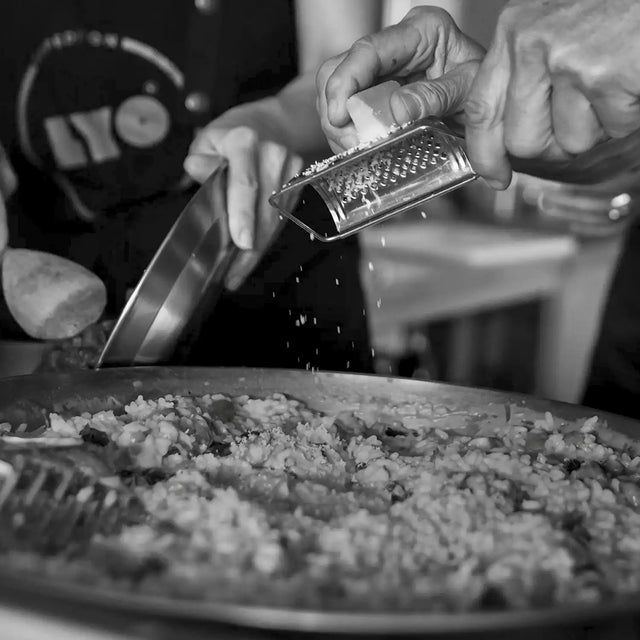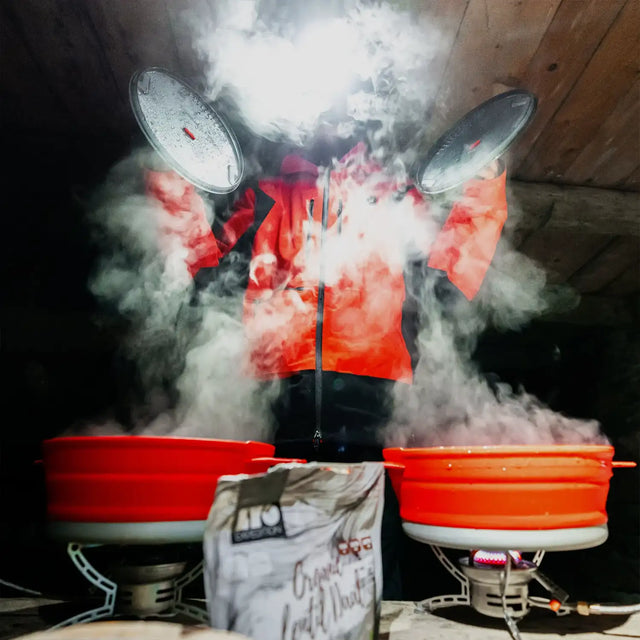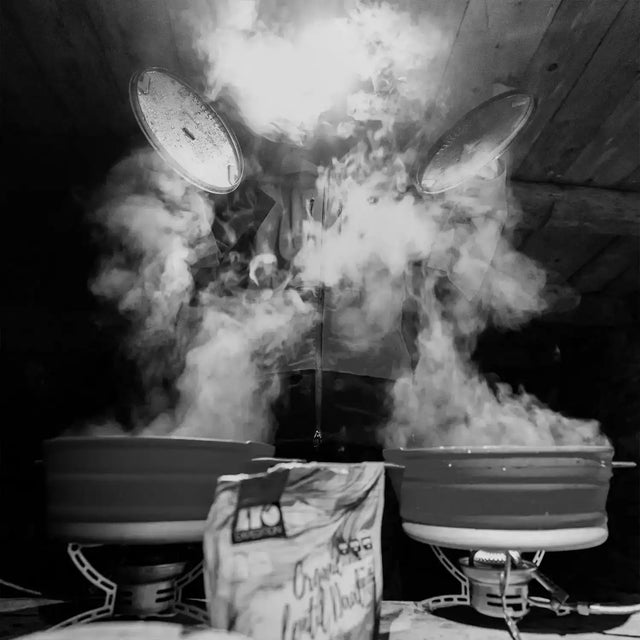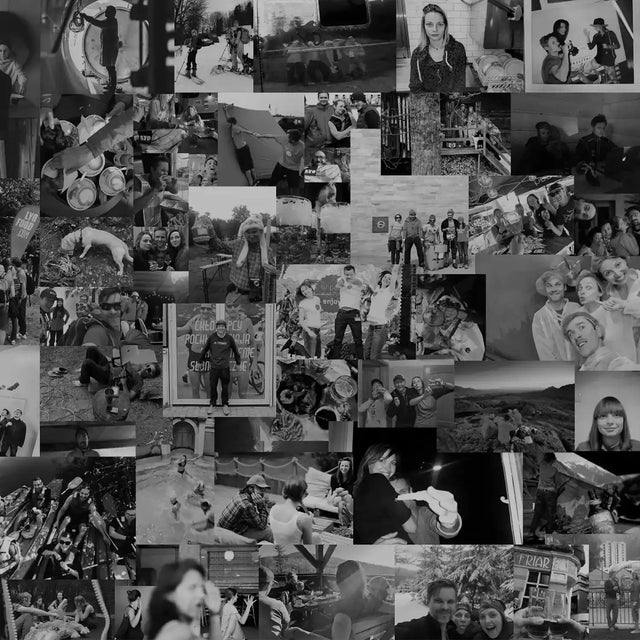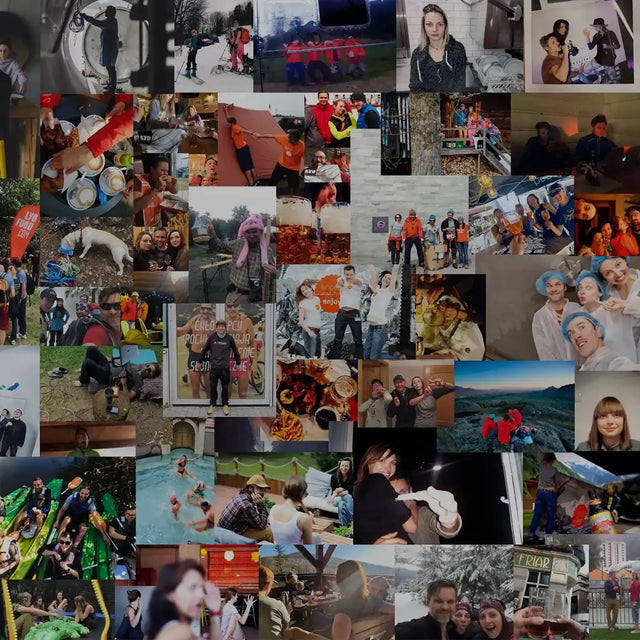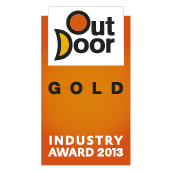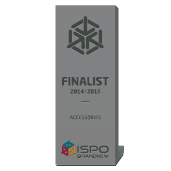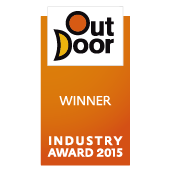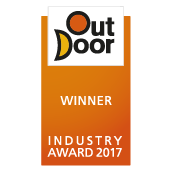The consequences of climate change, limitations in agricultural productivity, and the depletion of natural resources require assigning the highest priority to the issue of sustainable development.
But what does is it mean exactly?
Is sustainable development about recyclable packaging and reduced water consumption? Electric delivery vehicles and lower CO₂ emissions? Or maybe paper straws in a restaurant that mainly serves beef dishes? Which of these solutions actually make sense, and which are more like dancing on the tip of the iceberg?
Based on several decades of experience we already know that ecological equations are much more complicated and cannot be simplified to just one popular indicator, such as the carbon or water footprint. The issue is incredibly complex and, unfortunately, at the same time, often reduced to catchy slogans used in marketing ploys to fuel consumption — which is, after all, one of the main aspects of the problem.
The nature of our industry has led us to explore this topic for many years in order to answer the question of how we can continue to grow while genuinely limiting the negative impact of our activities on the environment.
Business
Every business is run to make money.
Goods are produced to be sold. Marketing strategies, PR efforts, and cost optimizations—all of these aim to generate as much profit as possible. Simply because business is any activity or venture that generates PROFIT. In our case, it's no different. And, like any other business, we use resources and contribute to waste. Unfortunately, it is impossible to produce food without a carbon footprint, even in one’s own garden.
However, it is possible to produce it in a less or more responsible way, and we believe that LYOFOOD’s activities fall into the latter category.
First of all, we create our products because they are genuinely needed, not just because they can be sold. We do not produce superfluous items for which market demand must first be created. We do not introduce useless gadgets. Each time, we carefully assess the necessity of expanding our product range with a new dish.
Secondly, we produce not just adequately, but to the best of our ability. Yes, this requires continuous learning, researching, and analyzing. Some solutions take years to implement, and we refine some recipes for a similarly long time. We approach decisions we have made with reflection and improve individual pieces of the puzzle based on newly acquired information.
Thirdly, our goal is not rapid but sustainable, organic growth. We do not view products solely from a sales and marketing perspective, but also consider their non-business value. After all, we create them for ourselves as well. And it just so happens that, privately, we are very demanding consumers... especially when it comes to food.
Production
All LYOFOOD products are made on-site at our facility in Kielce, Poland and some of them start their journey on fields around the city.
We are locals and love our surroundings. Therefore, we view the impact of food production on the environment from both a macro and micro perspective. By using natural ingredients, having our own crops, and working with trusted local farmers, we draw extensively from the benefits of nature and feel obligated to give back in the best possible way.
That’s why we do not use preservatives or artificial additives, support organic farming, reclaim water from the freeze-drying process to irrigate fields, reuse heat from refrigeration equipment, and have reduced electricity consumption by 30% through various modifications to our freeze-dryers.
In 2023, instead of starting a new investment— that would have meant grubbing up, draining, paving, and pouring hundreds of tons of concrete—we bought an existing production facility and began converting it.
As of January 2024, it is entirely powered by renewable energy sources.
People
The above issues cannot be addressed without considering the human element.
And although it may seem that machines play the main role here, we unhesitatingly award the Oscars to our employees. To those overseeing production and reviewing regulatory updates. To those who engage in long conversations with customers and arrange urgent shipments.To those who manage the brand’s image and those who repair glitch after glitch.
In short, the foundation of LYOFOOD was, is, and will always be people.
We are not just a brand but also a manufacturer, which means we take responsibility for our employees rather than outsourcing tasks to avoid it. When we talk about having a 'family atmosphere,' we refer not only to the fact that from the beginning we have remained a family-owned company without external investors but also to the fact that entire families have been working at our production facility for years. Among them are individuals who remember the early days of both the LYOFOOD brand and the parent company, LYOVIT.
Our employment strategy, on the one hand, favors local connections, while on the other hand, it extends far beyond common patterns, as we employ people from various cities in Poland as well as countries around the world.
We believe that a wealth of experiences is one of the company’s most valuable assets.


